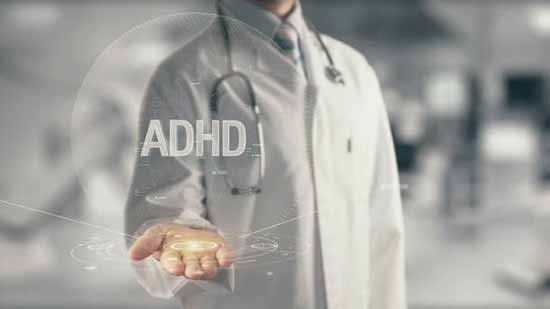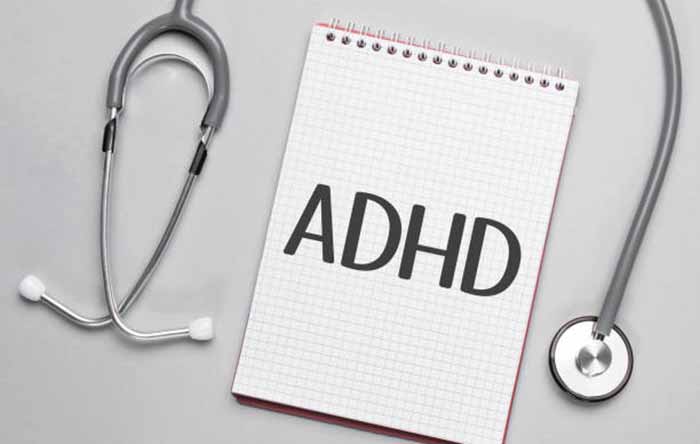Your Complete ADHD Diagnosis and Testing is a comprehensive guide for evaluating and diagnosing ADHD. The comprehensive guide includes symptom tests and interviews, as well as evaluations for conditions that commonly occur alongside ADD, including anxiety, depression, and ODD. In addition, it also includes information about autism spectrum disorder and related conditions. Once a thorough diagnosis has been made, you can make the proper treatment plan.
Adults can have symptoms of ADHD

If you’ve been diagnosed with ADHD as a child, you’ve probably seen the typical symptoms of the disorder. Adults with ADHD may be much harder to diagnose, though. The symptoms of ADHD are more noticeable and more troublesome, and you may wonder if you have something else. Adults with ADHD often develop coping strategies to hide the symptoms. They may choose to work in jobs that require intense concentration, or switch jobs frequently. Regardless of the cause of their symptoms, treatment is the best way to find out if you have ADHD.
There are many symptoms of adult ADHD. These symptoms may include problems getting organized, being chronically late, or not managing time effectively. Other symptoms include difficulty concentrating, trouble getting organized, and focusing during meetings. Adults with ADHD may also find it difficult to manage work duties, which can make it harder to complete tasks. In addition, adult ADHD patients may have problems with their executive functioning, such as ignoring deadlines and planning a schedule for tasks.
Symptoms of adult ADHD can appear as extreme restlessness or wearing others out
Some of the typical symptoms of adult ADHD are extreme restlessness and inattention. These behaviors can lead to disorganization and excessive motion. As a result, these individuals may also wear others out by not listening to others and doing things that they should be doing. This condition is often characterized by impulsivity, which may manifest itself in a number of ways, including forgetting important conversations. They may also exhibit a tendency to blurt out ideas without considering the feelings of others. Additionally, they may lose important things, including their mobile phones or eyeglasses, or fidget constantly.
Many adults with ADHD show symptoms of anxiety, ranging from extreme restlessness to wearing people out. While the condition may be harder to manage than it was in childhood, it can be treated. The symptoms of adult ADHD are more manageable than they were as a child, and with the right treatment, they can be easily overcome. If you feel extremely restless or constantly wear yourself out, it’s time to seek professional help.
Symptoms of adult ADHD can be similar to those of children with ADHD
While symptoms of adult ADHD can be similar to those of children, the differences are not as dramatic as they are in children. Children with ADHD often thrive on a structured routine, and as they grow older, they must self-manage and function independently. These symptoms may be associated with an anxiety disorder and may substantially impair an individual’s ability to function in daily life. Proper diagnosis requires a comprehensive clinical assessment that considers personal history, self-report of symptoms, and mental-status testing. In addition to these aspects, overlapping symptoms of ADHD and anxiety may make an accurate diagnosis more difficult.
Adults with ADHD often experience frustration, embarrassment, and loss of confidence. However, with education, support, and creativity, these symptoms can be managed and turned into strengths. Getting a diagnosis can help an adult overcome the challenges that come with their disorder, and learn to live with it on their own terms. The diagnosis of adult ADHD is a source of hope and relief, as it helps an individual understand that they are not at fault for experiencing these symptoms. It also helps them realize that these challenges are not due to a lack of focus or willpower. It is a chemical problem in the brain that controls the attention systems.
Tests used for adult ADHD
Your Complete ADHD diagnosis and testing guide includes information on various kinds of diagnostic tests. Adult ADHD assessments can last anywhere from two to three hours, and will vary widely from practitioner to practitioner. Typical assessments include an in-person interview with the patient regarding their development, lifestyle, and family history. The clinician may also request that you provide information on the child’s caregiver, school, and teachers, among other things. You should expect to spend about an hour with the clinician.
The “gold standard” of ADHD diagnosis involves a complete clinical history, rating scales, direct behavioral observation, neuropsychological testing, and an objective comparison of different treatments. But these methods are expensive and not always feasible. For this reason, many individuals are choosing to conduct their own tests. Your Complete ADHD diagnosis and testing guide includes the most widely available and affordable tests. The most common testing procedures are listed below. This guide provides an overview of the different types of ADHD testing methods and information gathering tests.



